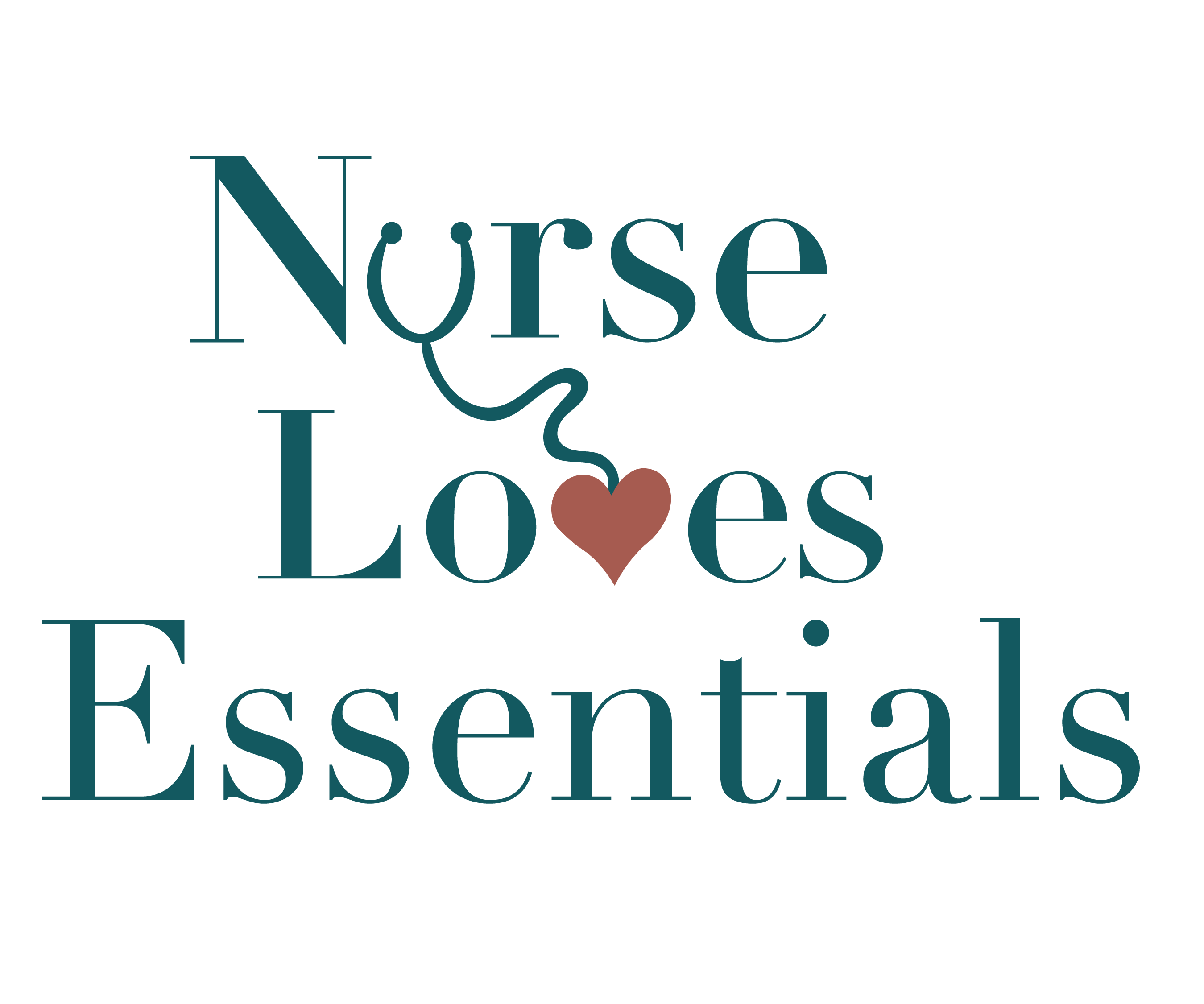
The first time I heard of self-care advocates, I felt an immediate connection to their plight as a registered nurse. I now know personally as a person living with multiple chronic illnesses that self-advocacy is vital, especially in healthcare.
For people with chronic illness, self-advocacy can be what makes the difference between good and bad healthcare practices. It is crucial when dealing with symptom-based conditions that can differ individually.
There are several reasons why self-advocacy is necessary for people dealing with a chronic illness, and I will share a few of them with you, along with ways you can advocate for yourself when needed.
Self-advocacy definition
Self-advocacy means being a contributor and having a say in decisions concerning your health. It involves not only consenting to the doctor’s advice but also understanding it.
To self-advocate, you need adequate knowledge about your condition and research (from credible sources) treatment options. You also need to be capable of observing slight changes in your body, either natural or as a result of a change in treatment options.
All these will equip you to make healthy decisions about your health properly.
Remember that self-advocacy isn’t for you to disregard medical advice; it is for you to make informed decisions and understand your doctor’s decisions better.
Why you should be a self-care advocate
Here are some of the crucial reasons why you should be a self-care advocate:

You know your body best.
Chronic illnesses have several symptoms, and what might be prevalent in you might differ from the next person. You know your body; you know what’s normal and not. You also know when your body sends distress signals. Your doctor can’t feel that, and he won’t know until you speak up.
No one knows your body better than you, meaning no one can speak for you better than you.
The drugs are too not specific.
Drugs that are used to manage chronic illness are not specific to the individual. One must consider factors such as age, gender, lifestyle, and genetics because they can affect how the body showcases some diseases. However, the production of drugs for these conditions is usually without consideration for these factors leaving a wide gap between reconciliation and effectiveness.
Self-advocacy involves keeping track of your symptoms and treatment options for your condition. When you do these and work closely with your doctor, you can be sure to find a treatment option that is best for you.
It keeps you updated.
You get informed about your condition, which helps you make better health decisions. The information will help you know what kind of diet is good for you, the alternative therapy that can help your condition, and other health decisions you can make.
Statistics support it.
Statistics have shown that people who practice self-advocacy are better at self-care and chronic disease management than people who don’t. Self-care is important to ensure that your daily needs for physical, mental, and emotional wellness are met. While statistics are not always reliable but in this case, the data is clear, and it is safe to say that self-advocacy will do you much good.
Health decisions will be best for you.
Each health decision you make will be what is best for you and not just a case out of the many. It’s personal, and it’s intentional. Self-advocacy ensures that your health decisions are specific to you and are more likely to have positive results.
It gives a sense of control.
Dealing with chronic illness can make you feel out of control, but self-advocacy will give you that sense of control back. It is because you are contributing to the decisions made about your health. You are also informed about what is going on in your body and can be a voice for yourself.
It repels the gloominess that comes with chronic illness.
Self-advocacy gives purpose, gives you more reasons to step out of your bed, and the excitement needed to live through the gloominess. Knowing that you can learn more, say more, and be more is enough motivation for anyone.

You care most about yourself.
No one can care for you more than you care for yourself. Every treatment option you consider is because you have verified that it is beneficial and will cause minimal harm to you. You know all the raw facts that aren’t sugar-coated with medical terms.
Doctors can make mistakes.
There is no way that a doctor can know everything about the more than 10,000 diseases that exist. Your doctor is human, which means he might make a mistake, but when you both work together, the chances of a mistake happening are reduced.
You get actively involved in your treatment.
You become a part of your treatment, not just as a passive patient agreeing to every instruction but actively asking questions, understanding and accepting them. Getting involved will motivate you to follow up with these treatments because you decided to do it.
How to be a self-care advocate
I hope you agree that becoming a self-care advocate is one of the best options for managing your chronic illness.
Here are the ways to start being a self-care advocate regardless of how long you’ve been dealing with your condition:
Get professional support
If you are just starting on self-advocacy, you want to enlist a professional’s help to help you navigate the new world. It could be a self-care advocate who has been on the journey for longer than you have or a specialist.
It will help you understand how to become a self-care advocate better.
Research
Get adequate and credible research materials that cover your condition and keep records of them. Also, stay updated on changes in the field to be notified of new treatment options. When you have adequate knowledge, it is easier to understand what your doctor says, preventing you from feeling lost or out of control.
Ask questions
Don’t be afraid to ask questions. Questions are necessary to increase your knowledge of the condition and clarify doubts and confusion.
Prepare
Always prepare before any doctor’s appointment, especially if it’s a new doctor or if you have some new updates, you would like to discuss in person. You can practice at home using someone’s help and try to counter as many objections as you can in practice. Also, list the subjects you want to discuss with the doctor, as you don’t want to overlook or forget some of them.
Be assertive
When taking your stand, you should learn how to do it without being disrespectful. Communicate your perspective clearly and leave no room for arguments or cajoling. Let them understand that you are aware of your decisions and will stand by them. I have a list of self-advocacy skills every self-care advocate should have.
Join a support group
A support group is essential to self-advocacy mainly because you will meet people ready to share their stories, including mistakes and things they wish they had known earlier. It will also prevent you from making the same mistakes.
You also get to ask questions and get real answers because they have experienced it.
Have a second opinion
Having a second opinion when you feel the initial diagnosis isn’t accurate is not bad. It is even advised that you constantly seek a second opinion if your current doctor is not a specialist.
Track your symptoms
Make sure to track your symptoms efficiently. Observe for new changes and also notice if your previous symptoms persist. Tracking lets your doctor be more informed about the effectiveness of your current treatment option.
Have someone with you
Starting on self-advocacy might be a bit overwhelming and scary, but it gets easier if you are with someone who supports and encourages you to speak up.
Don’t take ‘No’ for an answer
Doctors are good at making you settle for what they consider ‘the best option,’ which is why you need to have enough knowledge and confidence. Don’t settle for less; don’t take no for an answer when necessary.
Click the podcast title to listen to Catina & Angelica: Doctors Told Me “STOP RUNNING!” to Treat My PCOS & Infertility – Ep 05
Conclusion
Learning how to advocate for yourself when it comes to your health is essential. The sense of control it gives you can help you fight the negativity that comes with a chronic illness diagnosis.
Self-care advocates have been able to make better decisions regarding their health and become actively involved in their treatment. It is rare to see someone practicing self-advocacy skipping doctor’s appointments or mismanaging their health.
One last thing to remember is that self-advocacy is not a way to disregard medical advice and make rash decisions based on emotion; it means being reasonable and rational while making informed decisions.
How do you practice self-advocacy? What is your best advice for someone who wants to become a self-care advocate?
READ ALSO: The Best Self-Advocacy Tips for Women With Endometriosis




0 Comments